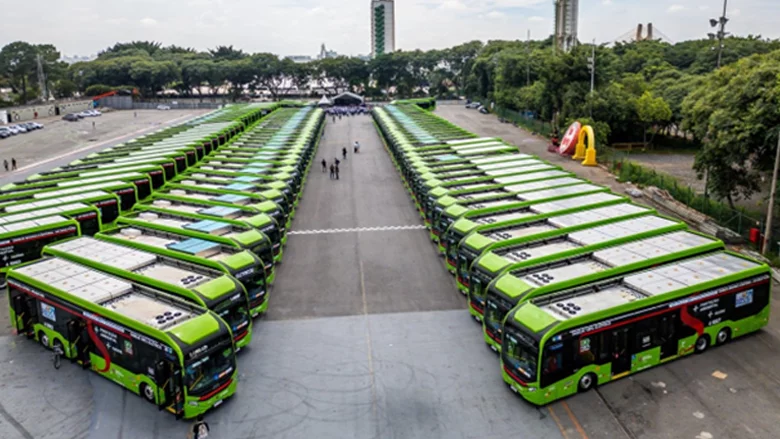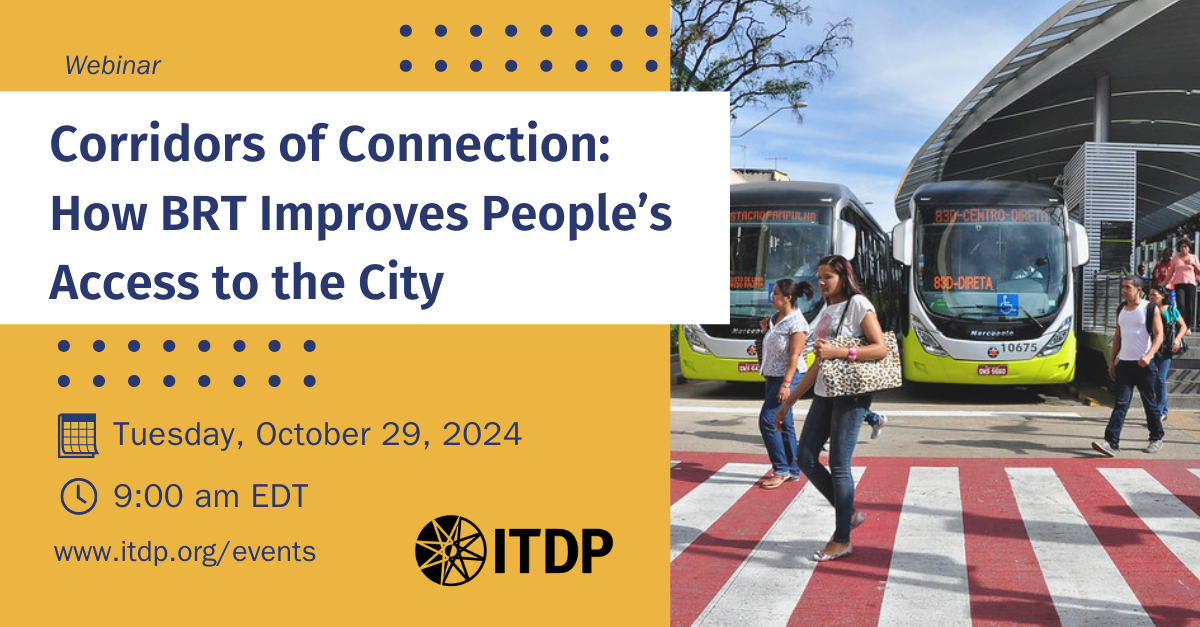Traffic congestion continues to be the bane of many metropolitan areas and has exercised the minds of experts for at least the last 60 years. With the advent of smart (intelligent) mobility, aligned with digital disruption and future connected and collaborative transport including extensions to autonomous vehicles, the question of whether we have a new window of opportunity to tame congestion is now high on the list of possibilities. It is however very unclear what the future will look like in respect of congestion on the roads, especially if we rely on ‘smart’ technology and continue to reject reform of road user charging and new opportunities to fund the sharing model. This paper looks at a number of themes as a way of highlighting possibilities and challenges and promotes a position that congestion may not be reduced, especially without a significant switch to the sharing economy and relinquishing of private car ownership; the urgent need for government to define the institutional setting within which smart mobility can deliver reductions in congestion; and the crucial role that road pricing reform must play to ensure that those who benefit (suppliers and travellers) contribute to pay for the infrastructure (in particular) that they gain benefit from.




